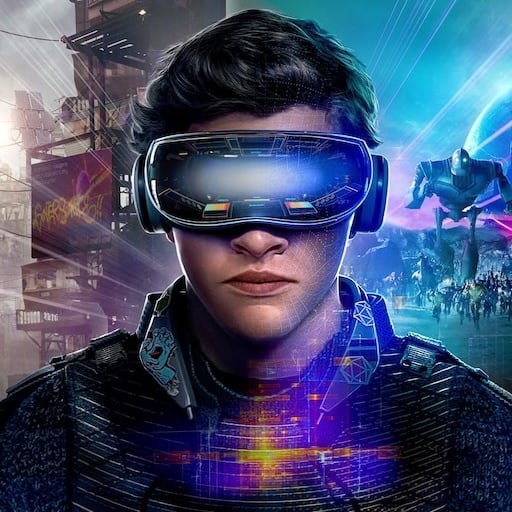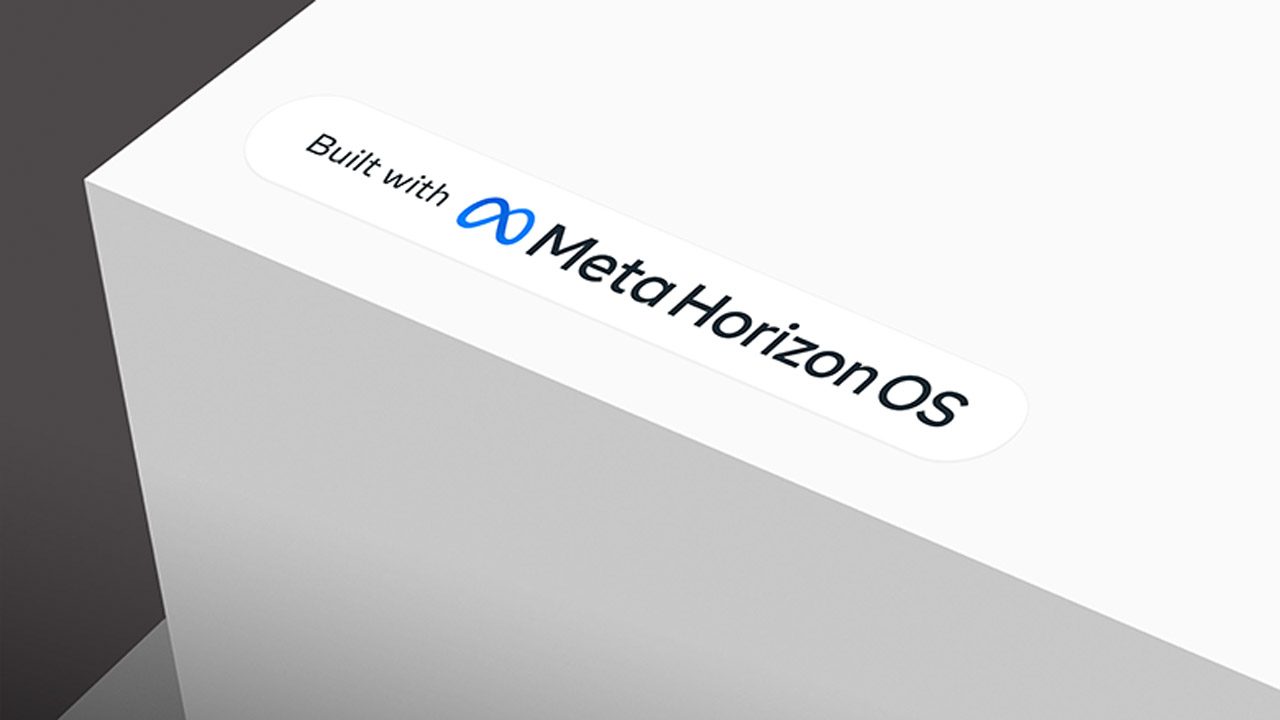So between Meta and Google, we have two XR platforms:
- Meta’s Horizon OS has the largest and best library of immersive apps.
- Google’s Android XR has the largest and best library of flat apps.
To dominate XR, both need what the other has. But who faces a bigger challenge?
Meta, it seems, is in a tougher spot.
Immersive app developers are hungry for growth. If a popular game can gain 25% more users by porting to Android XR, the decision is obvious.
By contrast, major flat apps (like Spotify, TikTok, Snapchat, and Discord) stand to gain relatively little growth from porting to Horizon OS. They’d be lucky to gain even 0.25% more users than they already have on the entirety of Android.
All Meta has to do is wait a couple of months or a year for Google to inevitably lose interest in XR and abandon their current project. Easy peasy.
As much as I’d love to see Meta get fucked in any, even the tiniest, capacity, I don’t think they have much to worry about.
At present all of these augmented reality pipe dreams are halfassed solutions looking for problems. Here in reality, nobody cares. We just want to play VR games and watch VR porn. The other stuff is just annoying noise from the boardroom.
Even if Meta makes better hardware (let’s say they just consistently make headsets that are 20% faster, lighter, and cheaper than the equivalent Android XR headset), I still don’t think that will matter in the long run[…]
I disagree with this conclusion. I think XR will remain mainly used for immersive experiences, rather than a stand-in for a phone or tablet. For that, price, performance and comfort all matter!
I’ve seen a few comments that made the same point and I‘m in the same camp, but there could also be selection bias going on, because everyone who currently uses vr headsets is by definition into experiences and doesn’t really care about 2d apps.
I can also image that people come for 2d Android apps and then stay for immersive stuff.
If you’re a flat app, what “porting” do you even have to do to run on HorizenOS? HorizenOS, last time I tried, could install and run normal android apps just fine. Sure, there are no Google Play Services, but that’s also true for some chinese phones and Amazon fire devices.
Even if it‘s just submitting the app to a dedicated store by meta, that may already be too much to ask.
For Vision Pro, all iPad apps run directly, but there’s also more customization that can be done to optimize things (navigation structure, translucency etc.).
True enough. Meta makes their users go through many hoops just to install a .apk from the internet, so devs would have to list apps on the horizen store or another store like the Play store would have to be added. Having the Play store on Meta devices seems unlikely to me given that could canabalize Android XR sales.



